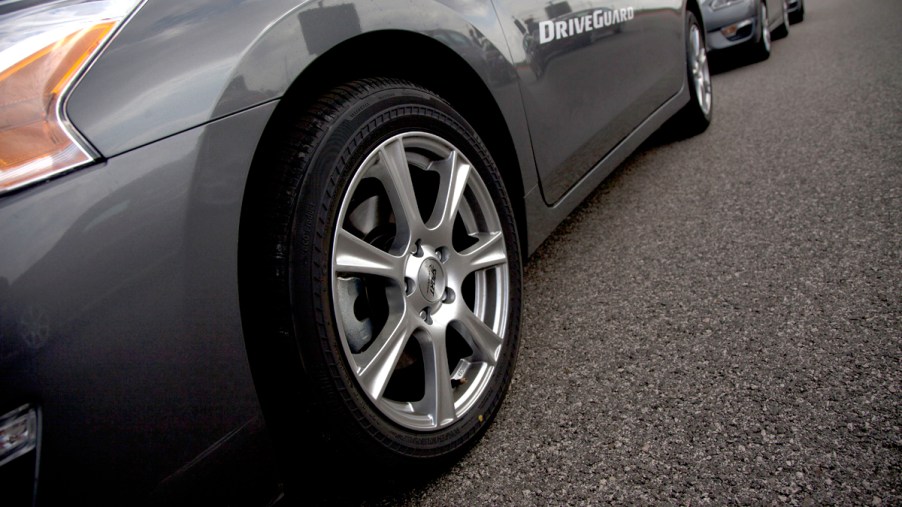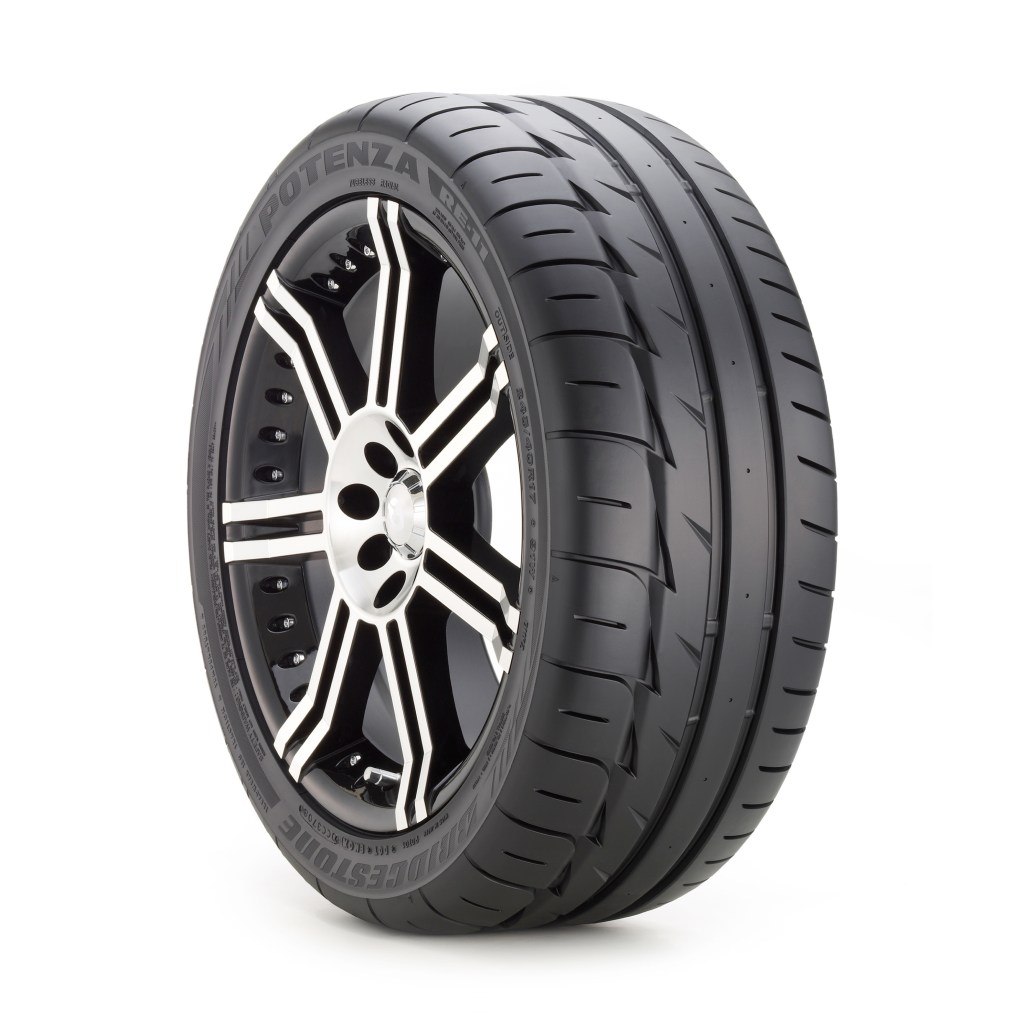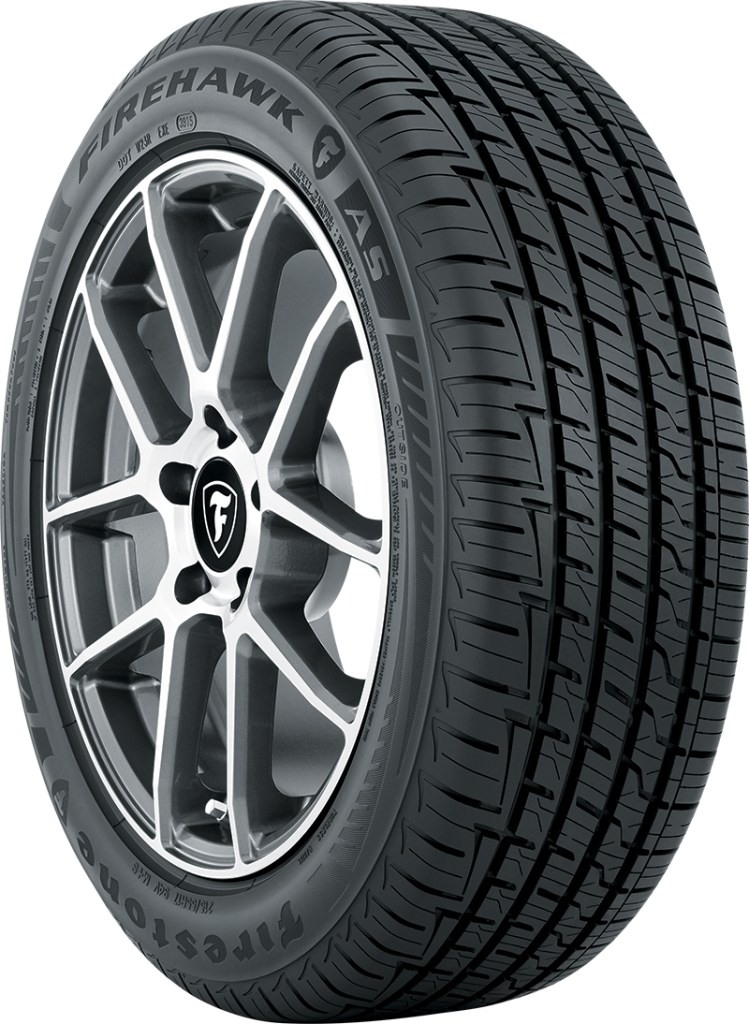
What Is the Difference Between Summer and All-Season Tires?
Tires are big, round, and black and they’re the only point of contact between your car and the ground, which is why they are extremely important. However, not many consumers know the difference between the types of tires currently available.
Since winter tires are pretty self-explanatory, we thought it would be a good idea to go over the differences between Summer performance tires and all-season tires, aside from the fact that they’re both made of rubber.
Which type of tire is right for your car?
The right type of tire for your car is highly dependent on where you live and what type of driving you do. If you live in place where winter conditions include regular bouts of snow and rain, then all-season tires would probably work best.
However, if you have the luxury of never having to drive on wet surfaces for most of the year, then a good Summer performance tire will do just fine. Of course, if you do live in a snow state and want to enjoy your car to its maximum potential during the summer and winter, then we would suggest getting a set of each and swapping them out when the seasons change.
What is a summer tire?
Summer tires are mainly used for performance driving situations and are typically found on and recommended for sporty cars. They use a softer rubber compound and specialized tread for maximum grip to the road. The grooves that you see on a tire are there for channeling water, like when it’s raining, so you might notice that summer tires have less grooving in them.
Tire manufacturers design them like this in order for them to have more contact with the ground. Also, the softer rubber heats up easily on hot pavement, which makes them even stickier.
As you can guess, they’re not ideal for the snow, however, most summer tires on the market today will perform well when driven in the rain.

What is an all-season tire?
An all-season tire is – as you can guess – made for all types of weather. Unlike the summer tire, an all-season tire has moderate tread depth for water channeling and is made from a slightly harder compound. With a harder compound, the tire will last longer and be more suited for most climates.
However, the compound that all-season tires use doesn’t grip the ground, as well as summer tires, do as the harder rubber doesn’t heat up as easily so it doesn’t get as soft. But they do work well in the winter months.
One other plus side to all-season tires is that since they are widely used, there is a much broader selection of them at just about any tire retailer. They’re also typically more affordable and are more focused on ride comfort than performance.

It depends on the season
Now that you know what each tire type excels at, you can pick which one works best for you. Just note, while there are stickier summer tires available for some large SUVs, you might be better off staying with an all-season tire instead.
Either way, we suggest doing your research on the different brands as there are many to choose from. However, don’t “cheap out” on tires, either, because the wrong kind of tire might not perform the way you want and it could ultimately cost more in the future. Choose wisely!



